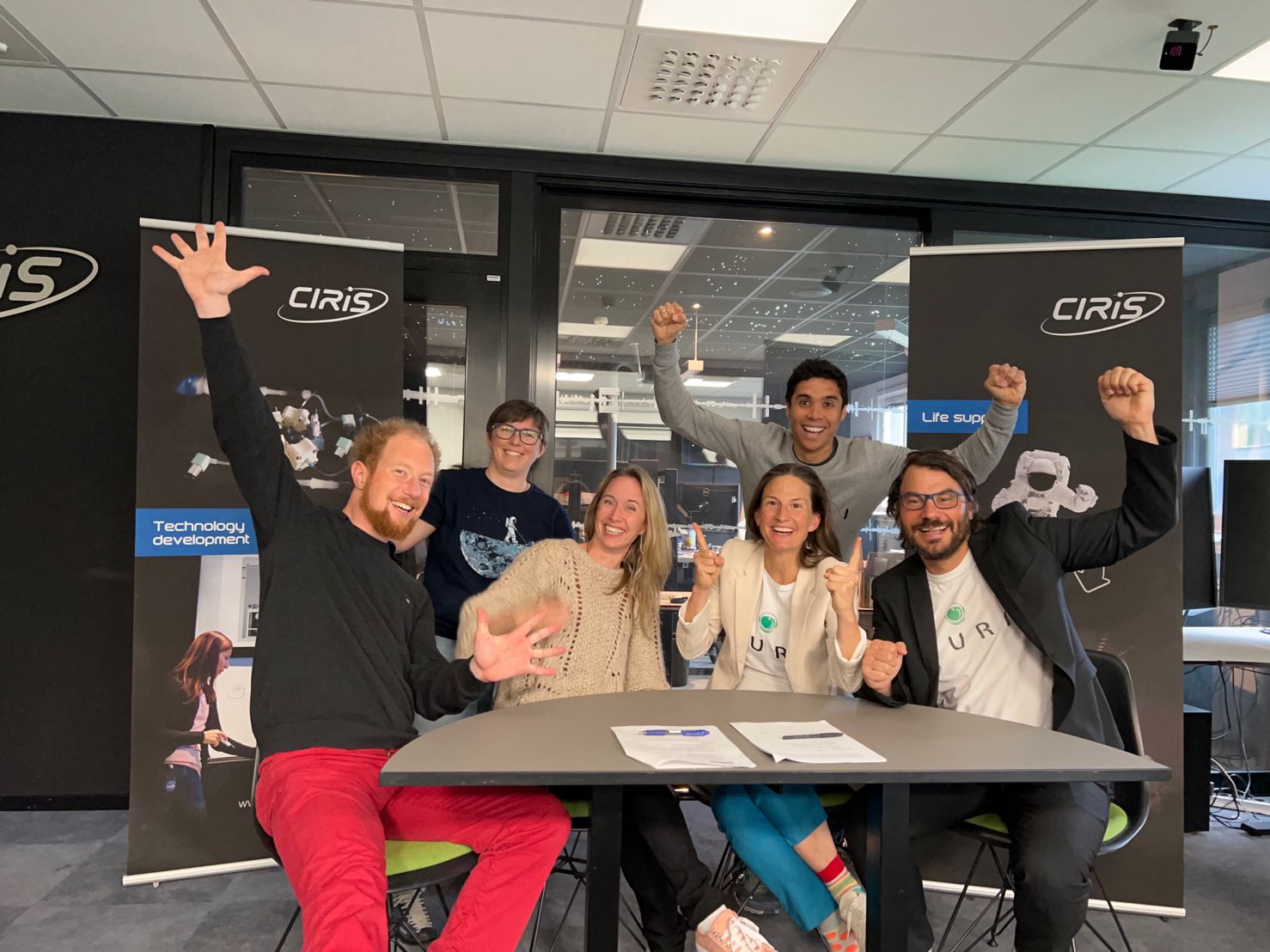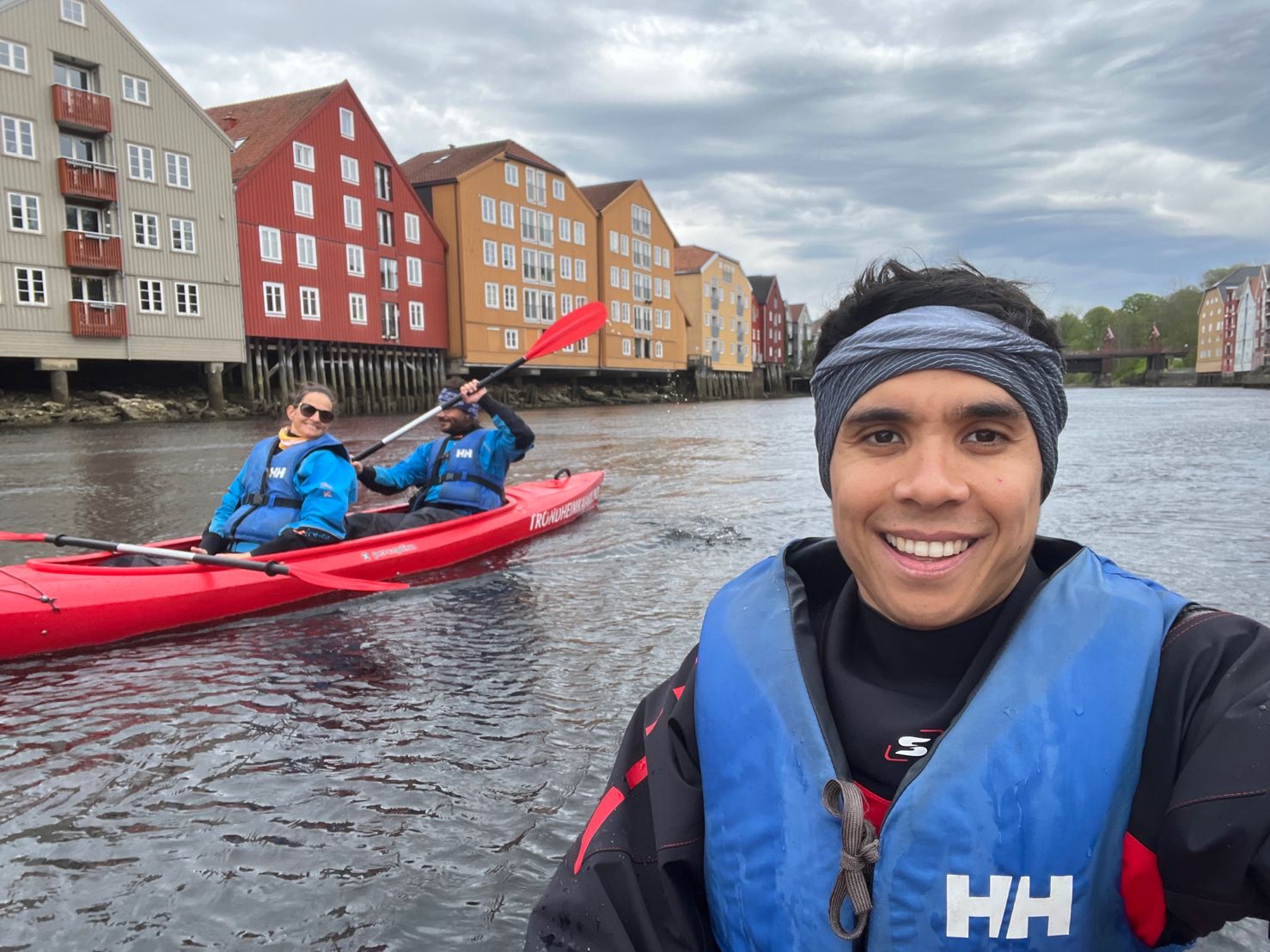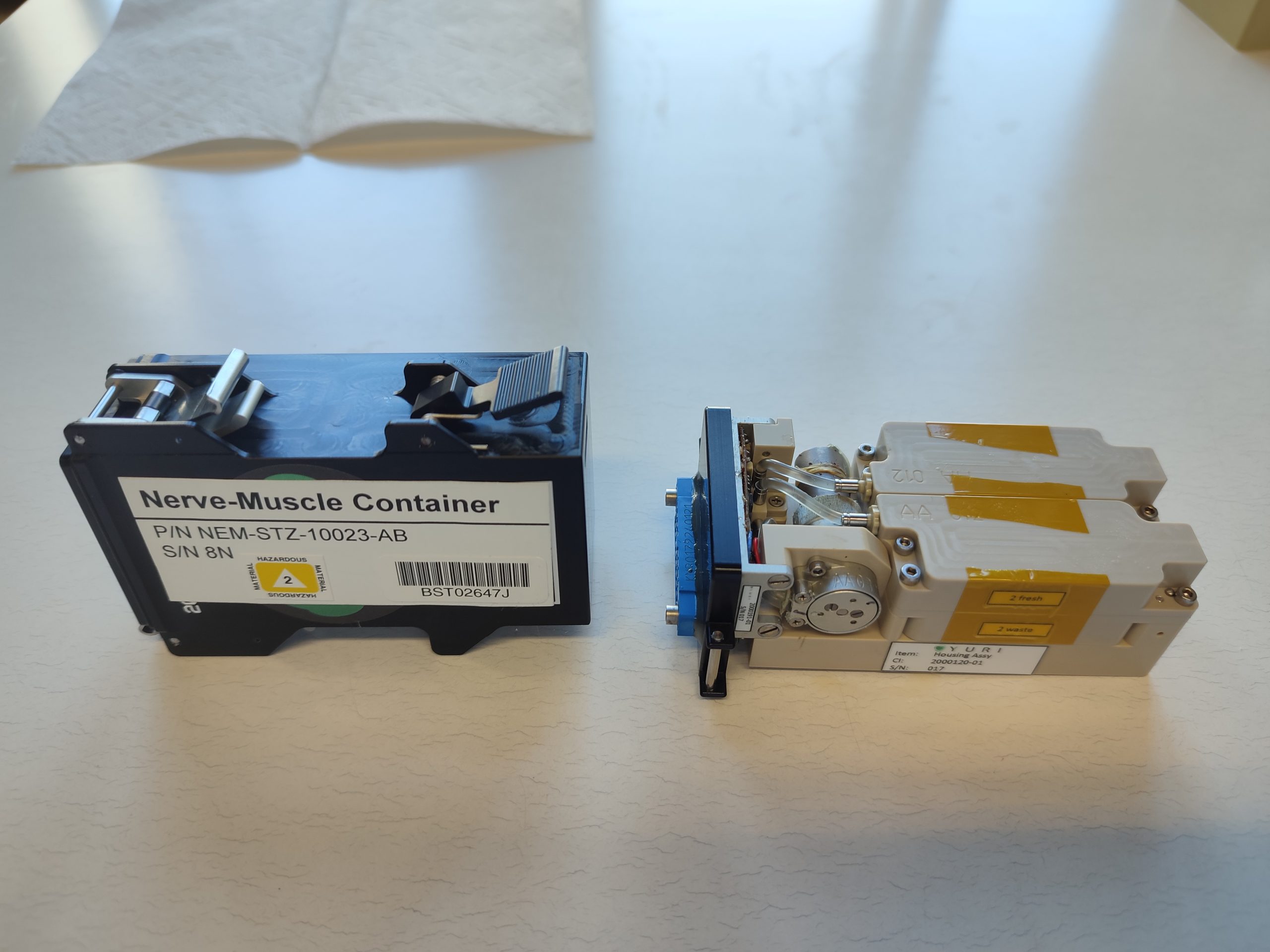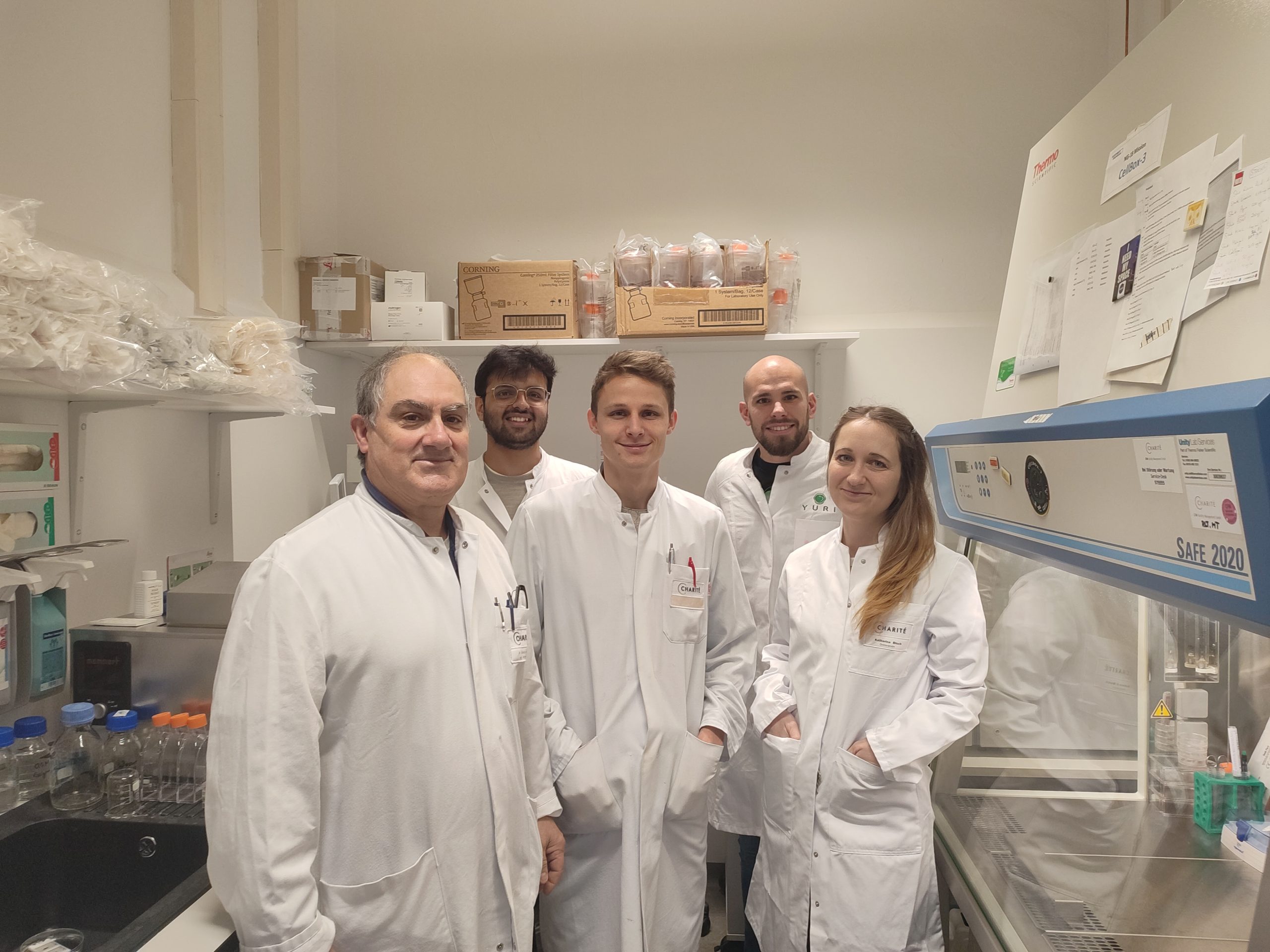Biomission2021

It’s official, the news is out and we couldn’t be more excited to share it with you! yuri GmbH, as young and innovative company founded by space engineers with a combined 30 years of experience in space travel, has won the prestigious Biomission2021 contract from the European Space Agency (ESA). This mid-seven figure contract is a major achievement for our yet small startup and we are extremely proud to have been selected by ESA for this opportunity.
The Biomission2021 contract is focused on developing cutting-edge biological payloads for the International Space Station (ISS). It is a highly sought-after contract, and has traditionally been won exclusively by large incumbent players in the industry. For yuri GmbH and our partner, the small team at CIRiS in Norway, to be awarded this contract is a testament to the hard work and dedication of our teams. We were thrilled to visit CIRiS in Trondheim for the official signing ceremony and an unofficial kickoff at their offices, and of course, we couldn’t resist exploring the beautiful city of Trondheim by kayak.

As a subcontractor for Biomission2021, yuri GmbH will be responsible for developing and building the NEMUCO experiment. This experiment is focused on studying the effects of microgravity on nerve-muscle co-culture. NEMUCO is a particularly exciting project for yuri GmbH as we are also contracted by the German Space Agency DLR for a similar experiment called NEMUCO, which is already developed and prepared for a flight in Q2-2022.
To meet all the technical requirements of the NEMUCO experiment, yuri GmbH will be relying on already flight-proven components from our ScienceShell hardware portfolio. This includes pumps, valves, and similar components that have been tested and proven to work in a microgravity environment. We will also be using new CIRiS experiment container concepts and procuring these via the Prime contractor.

The NEMUCO experiment requires a total of 48 culture chambers (CC), of which 16 shall be used as 1g in-flight controls. All CCs must be incubated at 35°C±3.5°C for 10 days. The 48 CCs are separated into groups of eight, which have different culture conditions and cell cultures. Four of the CCs of each group must be fixed using RNAlater while the other four must use NOTOXhisto, which results in different storage conditions after the experiment (-80°C for RNAlater CCs and 4°C for NOTOXhisto CCs). All cold-stowed fixed samples must be returned to Earth for analysis.
The basic requirements of the NEMUCO experiment are similar to the Cellbox-3 experiment of the Charité Berlin, which also studies similar cell cultures. yuri GmbH is responsible for the flight hardware and ground models for this experiment, as such, we have suitable flight heritage hardware available which can be used for the experiment design of NEMUCO. This includes polycarbonate slides, which are used as carrier for hydrogel in which the C2C12 developing myotubes or the co-cultures are grown. Alternatively, laminin coating on which the primary mice myofibers are grown, is used. The slides are necessary for microscope histology and morphology analysis, which will give us valuable insight into the effects of microgravity on nerve-muscle co-culture.

yuri is honored to have been awarded the Biomission2021 contract from the European Space Agency (ESA) and we are excited to work with our partner, the team at CIRiS in Norway to develop cutting-edge biological payloads for the International Space Station (ISS). Winning this contract is a major accomplishment and we look forward to using our expertise and experience to make a significant contribution to the field of space biology.




By continuing to use the website, you agree to the use of cookies. See our Privacy Policy.